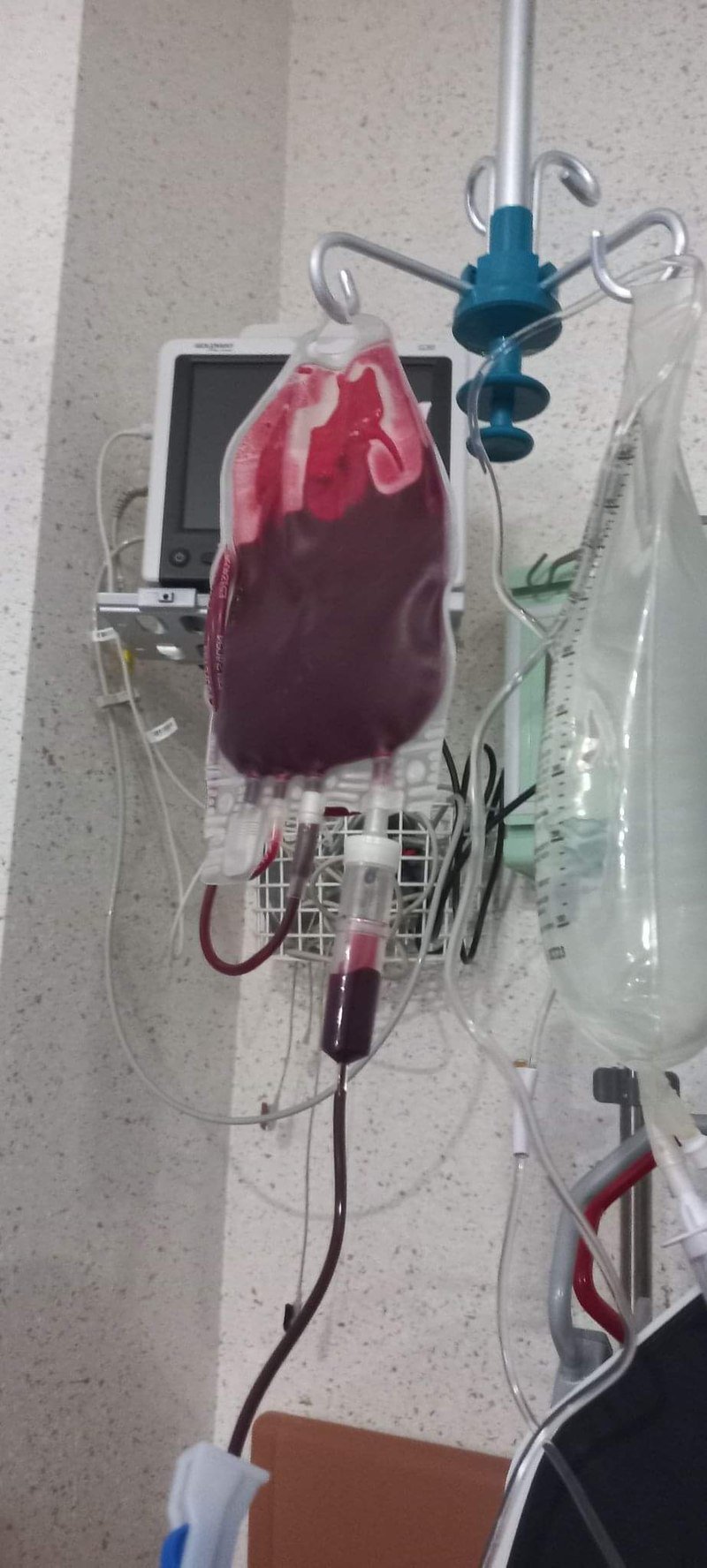Chris Powell: Hoping for a reality transfusion about medical debt
— Photo by SantyBoyMX
MANCHESTER, Conn.
Connecticut Gov. Ned Lamont is acting as if he has a magic wand that can eliminate $650 million or more in medical debt owed by unfortunate state residents. He has been waving that wand for more than a year and waved it again the other week in his address to the new session of the state General Assembly. The magic is taking longer than expected.
The idea is for state government to pay $6.5 million to a charitable organization that purchases uncollectible medical debt from hospitals, whereupon the charity will offer the hospitals 1 cent per dollar of debt and the hospitals will agree to sell at that rate. Then the charity will inform debtors that they are off the hook.
But society won't be off the hook. For medical debt won't really be extinguished at all by this mechanism but merely transferred -- transferred to everyone else who uses hospitals. Indeed, uncollectible medical debt is already effectively transferred to the rest of hospital patients, private insurers and government insurers through the higher rates hospitals need to keep operating. Services have been provided without payment and their costs have to be recovered somehow.
While hospital rates must be negotiated with insurers and the government, as vital public institutions the hospitals can't be allowed to fail. State government is already deeply involved in negotiations to arrange Yale New Haven Health's purchase of three hospitals looted by the predatory investment company that acquired them several years ago -- Waterbury Hospital, Manchester Memorial Hospital and Rockville General Hospital. A direct or indirect subsidy to Yale from state government may be necessary.
As a practical matter most hospitals in Connecticut are already government agencies, with the government controlling most of what they do, either through statute, regulation, or insurance and reimbursement rates. Just this week the state Office of Health Strategy ordered Sharon Hospital not to close its money-losing maternity ward. A state government that claims the power to order a hospital to operate a maternity ward can claim the power to order forgiveness of medical debt and set debt forgiveness terms.
Key questions about the governor's debt forgiveness idea remain to be answered.
Will hospitals sell much of their debt so cheaply? They haven't said.
Will government-facilitated forgiveness of medical debt incentivize more people to stiff the hospitals serving them? That seems likely, since the proposed income limits for people qualifying for debt forgiveness are far above poverty thresholds.
Perhaps most important, since state government already has such power over hospitals, what's the need for a charitable organization to serve as intermediary in debt forgiveness?
The answer seems to be to provide political cover and obscure what will be going on -- the transfer of debt from individuals to the public and the concealment of more of the cost of government in the cost of living.
If state government arranged medical debt forgiveness and qualifications directly, by statute or regulation, the program would compete directly and clearly with all other demands on state government's finances. Every state budget might be forced to determine how much medical debt is to be forgiven each year.
Instead an intermediary would disperse the expense of debt forgiveness in thousands of transactions, distributed unequally among hospitals, which in turn would distribute the expense unequally in hundreds more transactions with insurers, government agencies, and hospital labor contracts. Political responsibility and blame would land mainly on hospitals.
Why does medical-debt relief need such subterfuge? For the problem is a terrible consequence of the country's medical insurance system, whose creakiness is exposed every day by "Go Fund Me" or similar campaigns on behalf of people with catastrophic injuries or diseases whose treatment costs far exceed any insurance coverage.
Though individuals or families may be blameless, just victims of bad luck, medical debt can follow them for lifetimes, ruining their credit.
Government is supposed to do for the people the crucial things they can't do for themselves. Covering medical care in catastrophic circumstances should be one of them. Let it be done directly, frankly, and without apology.
Chris Powell has written about Connecticut government and politics for many years (CPowell@cox.net).
